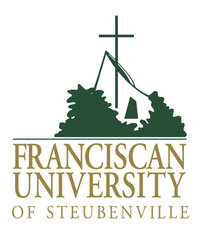 Terry Mattingly, author of the syndicated “On Religion” column for the Scripps Howard News Service, posted an interesting piece last week entitled, “Future nuns, priests face big questions.”
Terry Mattingly, author of the syndicated “On Religion” column for the Scripps Howard News Service, posted an interesting piece last week entitled, “Future nuns, priests face big questions.”
By “big questions,” Mattingly is really talking about the perennial questions surrounding the discernment of one’s vocation, but with the added complications of today’s landscape, including the dramatic decline (and graying) of religious vocations in America in recent decades.
The primary focus of the piece, however, concerns the response to these “big questions” by students at Franciscan University of Steubenville, where vocations have been flourishing. For example, Mattingly points out that the Priestly Formation Program on campus has produced 400 priests (with many more still in formation) over the past 25 years.
He also mentions that “many of America’s 244 Catholic colleges and universities offer similar programs.” Of course, if there were 244 Steubenvilles, we wouldn’t be wondering about tomorrow’s vocations (except maybe about where to put them all!). As it is, very few colleges have fostered vocations the way Franciscan University has.
Mattingly gives several reasons why Franciscan University enjoys such success. Clearly the vibrancy, or what the school at times calls its “dynamic orthodoxy,” is very attractive.
Yet, I think Fr. Richard Davis, T.O.R., whom Mattingly quotes in the article, does well to stress the fact that there are three male and four female religious orders that maintain houses near the campus. Fr. Davis also pointed out that many other orders regularly send younger members to visit the campus or study there.
“Our students are very sensitive to this,” said Davis. “New styles of habits and robes keep appearing here all the time. The students see that and it makes them curious. . . . This campus produces a large number of priests, but I believe even more of our young women become sisters and nuns.”
Click here for more information on this summer’s youth conferences sponsored by Franciscan University of Steubenville.
Like this:
Like Loading...
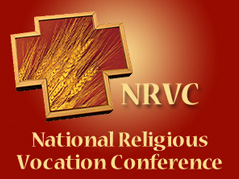 I just noticed that Vision, the blog of the National Religious Vocation Conference, has graciously linked to our site.
I just noticed that Vision, the blog of the National Religious Vocation Conference, has graciously linked to our site.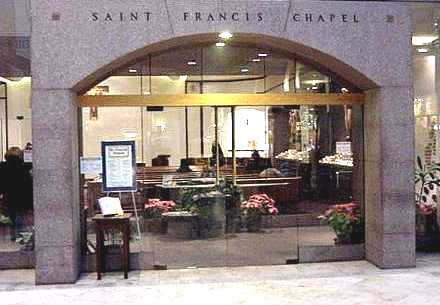 The
The  Terry Mattingly
Terry Mattingly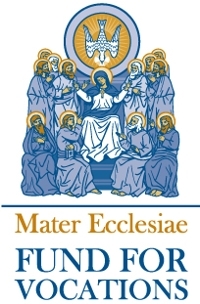 A few days ago I received in the mail the newsletter of the
A few days ago I received in the mail the newsletter of the  The
The  For Archbishop Onesimo C. Gordoncillo, the Church’s outreach to young people and families is a top priority. He has been the shepherd of the Archdiocese of Capiz on the island of Panay for 25 years now.
For Archbishop Onesimo C. Gordoncillo, the Church’s outreach to young people and families is a top priority. He has been the shepherd of the Archdiocese of Capiz on the island of Panay for 25 years now.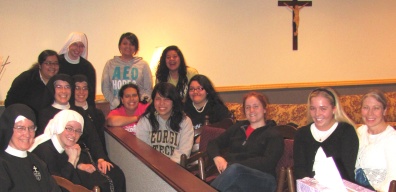 Check out Terry Mattingly’s post from last Thursday entitled “
Check out Terry Mattingly’s post from last Thursday entitled “ Today I thought I would give a plug to an excellent, new Catholic website called
Today I thought I would give a plug to an excellent, new Catholic website called 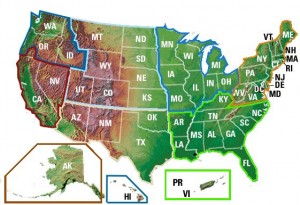 One of the top ten vocation websites for 2011 as identified by the
One of the top ten vocation websites for 2011 as identified by the